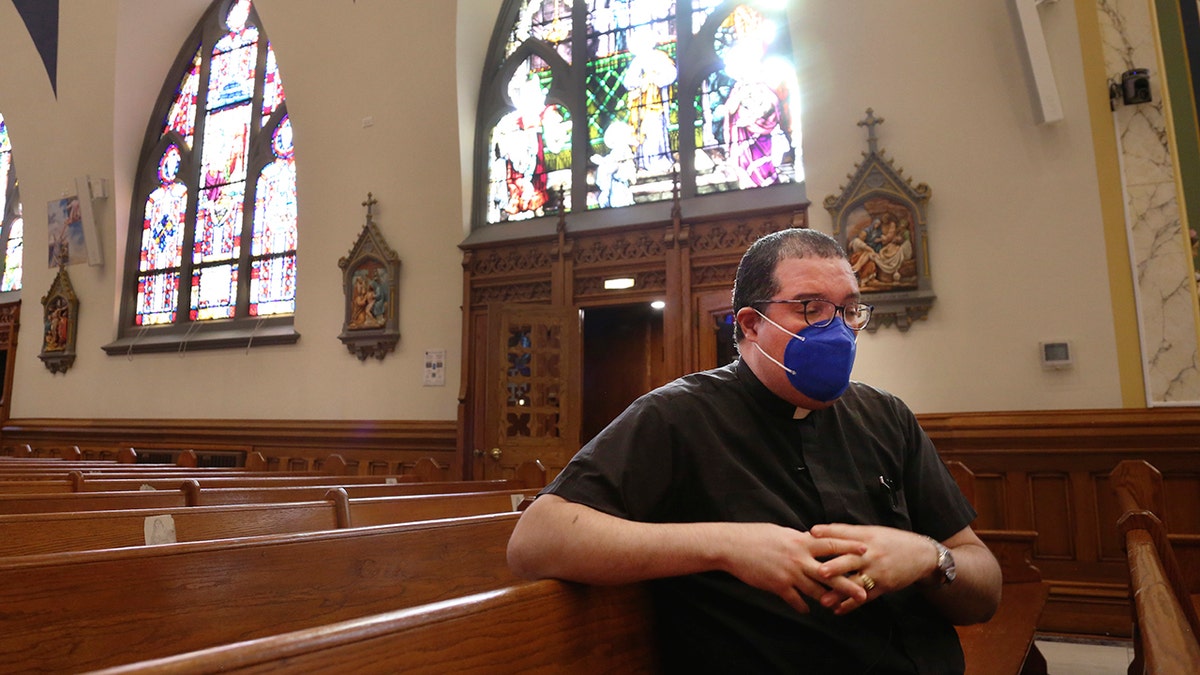Fox News Flash top headlines for March 29
Fox News Flash top headlines are here. Check out what's clicking on Foxnews.com.
A new poll indicates that American church membership has fallen below the majority for the first time.
The data from Gallup tracked church membership across the past 80 years, starting with 73% in 1937 and peaking just after World War II with 76% membership.
The past 20 years have seen a sharp dropoff, falling from 70% to 47% in that time.
REV. SAMUEL RODRIGUEZ: HISPANIC AND LATINO VOTERS' TO-DO LIST - BIDEN MUST ADDRESS THESE 3 ISSUES
The survey asked "Do you happen to be a member of a church, synagogue or mosque?"
Other questions covered the factors or reasons around religious attitudes and practices, with most respondents pointing to a lack of affiliation as the prime factor in their response.
HIT BIBLICAL SERIES 'THE CHOSEN' BRINGS THE STORY OF JESUS TO FOX NATION
Another major distinction arose between age groups: Church membership was strongest among those born before 1946, with 66% claiming membership, compared to 58% of baby boomers, 50% of Gen X and 36% of millennials.

The Rev. Manuel Rodriguez sits in the pews of his church, Our Lady of Sorrows, on Friday, March 5, 2021, in the Queens borough of New York. (AP Photo/Jessie Wardarski) ((AP Photo/Jessie Wardarski))
However, the age difference still contains a decline in each age group: membership in the traditionalists (born before 1946) dropped from 77% in 2000 to that 66% figure today.
SAINT TERESA OF CALCUTTA: WHAT TO KNOW ABOUT THE HEROIC CATHOLIC NUN, NOBEL PEACE PRIZE RECIPIENT
Baby boomers showed the smallest dropoff, trending down from 67% to 58% over the past two decades.
That trend is prevalent among all subgroups, as well, no matter gender, political affiliation or location.
CLICK HERE TO GET THE FOX NEWS APP
The poll suggested that major factors in helping spiritual leaders regain some of that lost membership included "spiritual programs geared toward children and teenagers, community outreach and volunteer opportunities, and dynamic leaders were also factors in their attendance."
"A focus on some of these factors may also help local church leaders encourage people who share their faith to join their church."










































